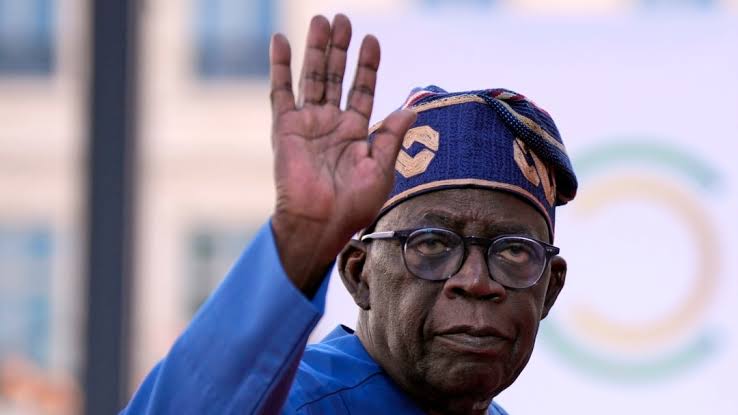Last week concluded a crucial narrative that linked President Tinubu’s leadership style to the enduring vision of Nigeria’s constitutional framers. The reflection drew from the report of the Sub-Committee on the Executive and Legislature of the Constitution Drafting Committee of 1975. Their deliberations, which laid the foundation for modern presidential governance in Nigeria, offered deep insights into how power should be balanced to sustain both effective leadership and democratic accountability. The report stated, “In the deliberations of the Sub-Committee, what has been uppermost in our minds is how to provide for an effective leadership that expresses our aspirations for national unity without at the same time building up a Leviathan whose power may be difficult to curb.”
That profound statement still carries weight in Nigeria’s current political climate. The framers of the Constitution sought a leader strong enough to unify the nation yet restrained enough to respect the rule of law. In today’s context, President Tinubu faces similar challenges. His administration stands at a crossroads between asserting decisive leadership and ensuring democratic inclusiveness. The economic reforms, policy shifts, and governance style he promotes mirror the tension between authority and accountability that the 1975 Sub-Committee so carefully addressed.
As the World Bank recently reported, many Nigerians are struggling under the current wave of reforms. Inflation, rising costs, and economic adjustments have tested public patience. Yet, President Tinubu has remained steadfast in his belief that structural changes are necessary to secure lasting stability. His leadership, therefore, reflects the same constitutional dilemma the framers anticipated — how to wield executive power effectively while maintaining trust, transparency, and fairness.
Transitioning through economic hardship demands not only policies but also moral leadership. The framers of the Constitution envisioned a President who leads by persuasion, not domination; by inclusion, not imposition. President Tinubu’s role in this moment invites comparison to that vision. His actions will determine whether power strengthens the people or alienates them. The balance he must strike recalls the caution expressed in 1975: leadership should drive national unity, not overwhelm civic participation.
In many ways, this era echoes the philosophical debate between authority and liberty. The Sub-Committee understood that unchecked power could undermine democracy, while weak leadership could paralyze progress. Their intention was clear — Nigeria needed a President who could act decisively but within limits defined by law and conscience. President Tinubu’s government, therefore, stands as a living test of that constitutional design. Every policy decision, economic reform, and political alliance contributes to shaping how Nigerians perceive the power of the presidency today.
Over time, the nation has learned that leadership succeeds not through dominance but through engagement. As President Tinubu continues to navigate complex national issues, his administration must keep the spirit of that 1975 vision alive. Effective leadership requires empathy, foresight, and respect for institutions. The Sub-Committee’s wisdom remains a timeless reminder that national unity thrives only when power serves the people, not the other way around.
Ultimately, President Tinubu has the chance to prove that strong leadership can coexist with democratic restraint. By aligning his governance with the principles outlined nearly fifty years ago, he could transform those constitutional ideals into living realities. The report from 1975 was not just a historical note — it was a warning and a guide. As Nigeria faces its present trials, the call for leadership that unites without overpowering remains more relevant than ever.




